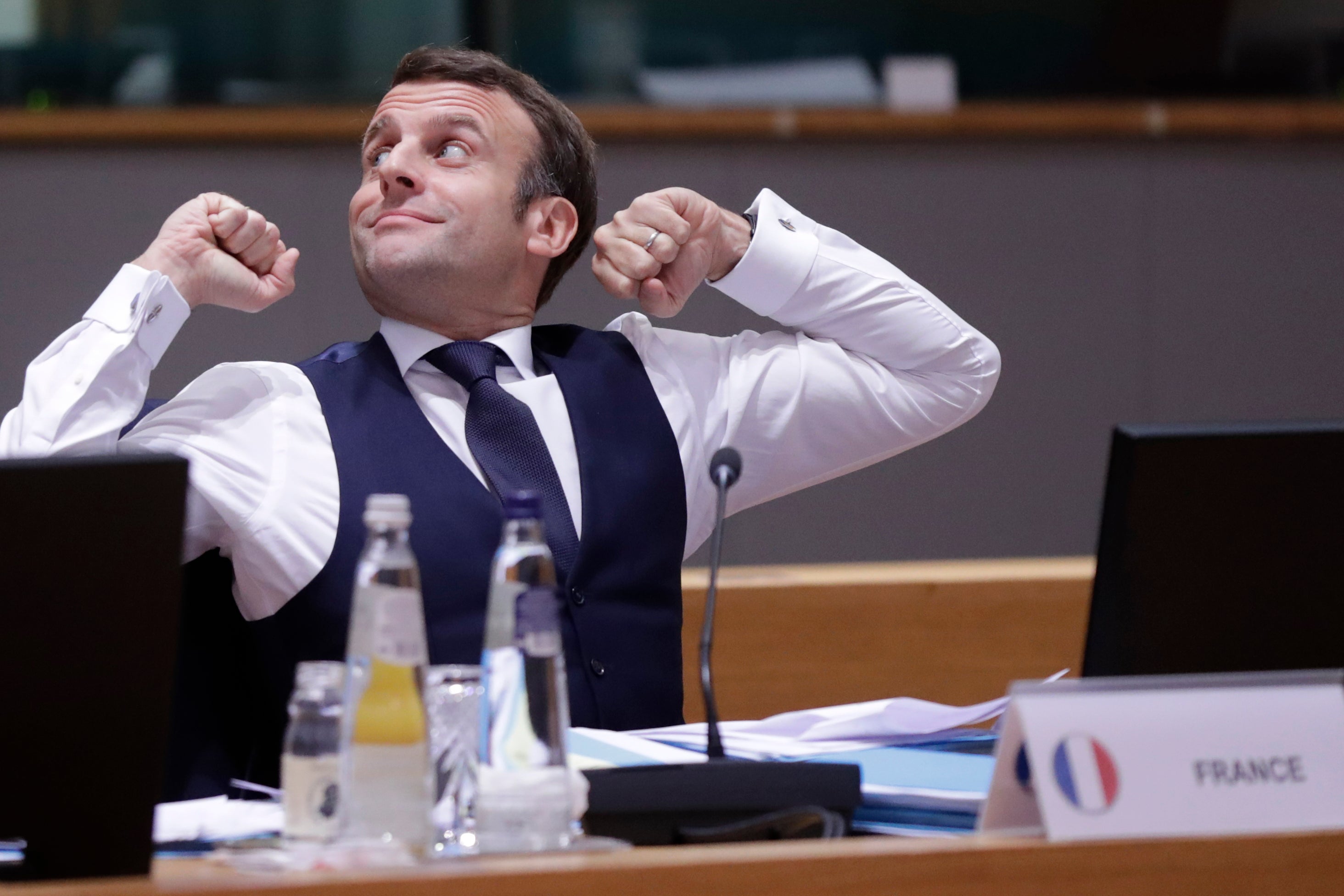Why Brexit was only worth 10 minutes of EU leaders’ time
Boris Johnson’s failure to secure bilateral meetings speaks to a wider loss of influence outside the EU

Your support helps us to tell the story
From reproductive rights to climate change to Big Tech, The Independent is on the ground when the story is developing. Whether it's investigating the financials of Elon Musk's pro-Trump PAC or producing our latest documentary, 'The A Word', which shines a light on the American women fighting for reproductive rights, we know how important it is to parse out the facts from the messaging.
At such a critical moment in US history, we need reporters on the ground. Your donation allows us to keep sending journalists to speak to both sides of the story.
The Independent is trusted by Americans across the entire political spectrum. And unlike many other quality news outlets, we choose not to lock Americans out of our reporting and analysis with paywalls. We believe quality journalism should be available to everyone, paid for by those who can afford it.
Your support makes all the difference.The days of Brexit dominating Brussels summits appear to be over.
With just three weeks until no deal, on Thursday the EU's 27 presidents and prime ministers all gathered in one place.
Just 24 hours before, Boris Johnson had been in town for last-ditch talks with the commission president. It had all the makings of a season finale.
In the end, the leaders gave the UK just 10 minutes of their time during a marathon meeting, and many may have been drifting in and out of consciousness because of fatigue.
That is because it happened at about 8.30am, after an all-night non-stop discussion on climate change.
They were supposed to be updated on talks with the UK at the start of dinner on Thursday, but kept getting sidetracked with other issues.
This wasn't just a top-down thing, leaders playing it cool and pretending not to care. At a press conference afterwards with Angela Merkel and the presidents of the council and commission, zero questions were asked about Brexit.
The theme was hammered home when news later broke that the prime minister had been snubbed by Ms Merkel and Emmanuel Macron, who he had wanted to speak to on the telephone about Brexit. They had refused.
There isn't much of a precedent for this: despite sign-tapping about the commission being the sole negotiator, the UK was not asking for negotiations to take place at leader level, but rather just a chat.
During the withdrawal agreement stage of Brexit, which like trade talks was also a sole commission competence, both Theresa May and Mr Johnson paid visits to Berlin and Paris and held discussions with leaders.
It also seems to be member states rather than the commission that have the coldest feet about issues like the level playing field and have been pushing Michel Barnier to a harder line. Talking to them would not be that weird, and it has happened before.
But the incident, which was leaked to the press by EU officials, is also odd because it makes it politically more difficult for the prime minister to climb down from his perch and accept a compromise deal.
He cannot go home and claim to have swayed the minds of leaders, or to have gained anything at all. If this is about theatrics, the twist is being left rather late.
But the episode also spells out something more fundamental about the UK's future outside the European Union. Britain may still be in a transition period and following EU rules, but it left the bloc at the beginning of this year.
Getting access to EU leaders was not a problem for Ms May, or pre-Brexit Mr Johnson – as the head of government of an EU member state they were entitled to attend council meetings like the one on Friday. Bilateral meetings were easy to get and regular, and could take place in the margins of summits.
But Mr Johnson doesn't attend council meetings anymore, because he doesn't have the right to. It’s seems ironic that Britain's loss of influence in Europe is illustrated best by Brexit talks themselves.



Join our commenting forum
Join thought-provoking conversations, follow other Independent readers and see their replies
Comments